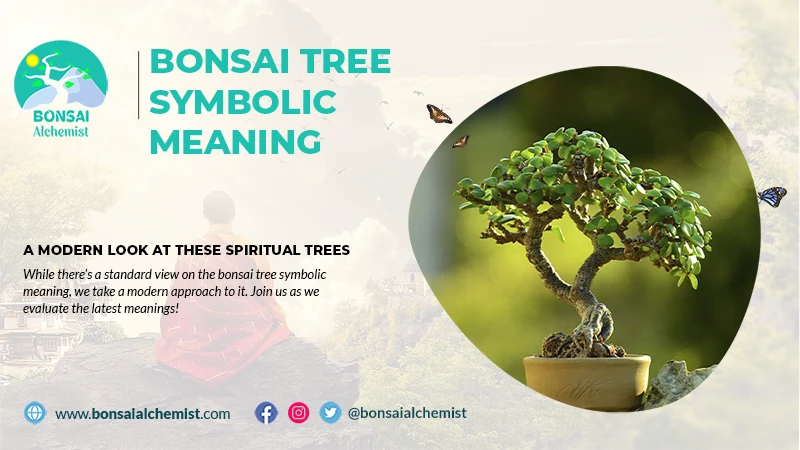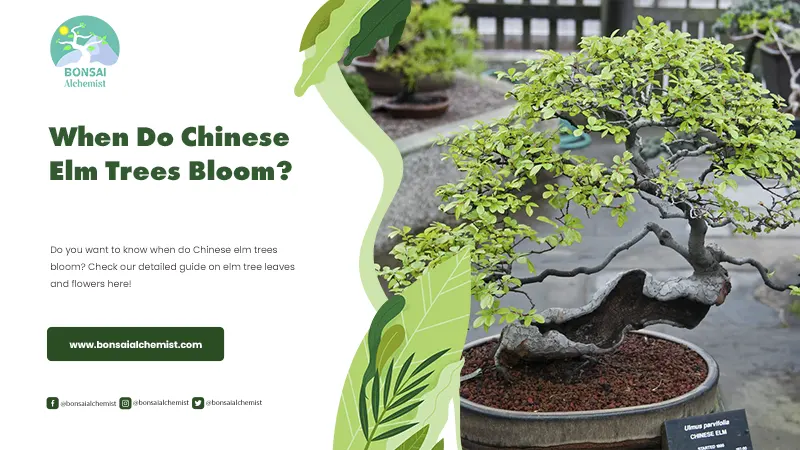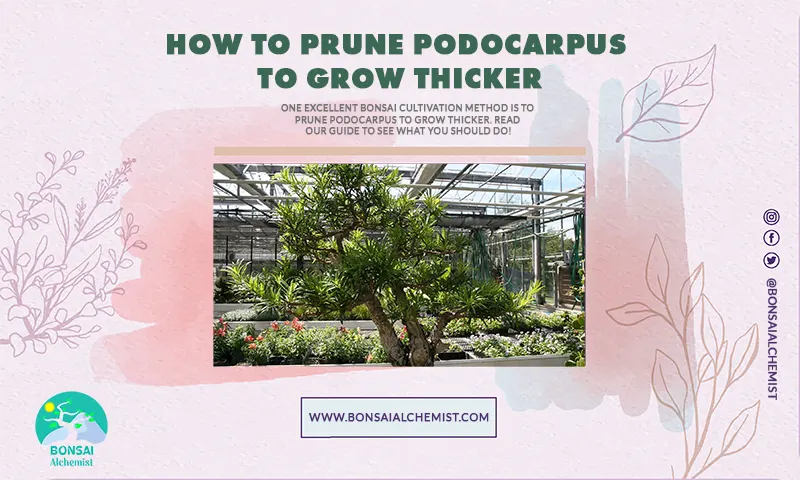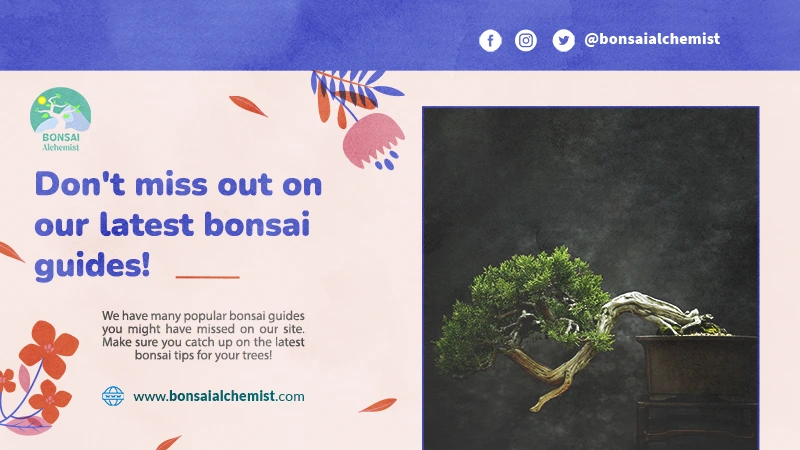Japanese Yew Meaning and Symbolism
The Japanese Yew, also known as Spreading Yew or Taxus Cuspidata, is an evergreen tree originating from Japan, northeast China, Korea, and southeast Russia. The entire tree except the red berry is toxic, and if you ingest it, you should seek immediate medical attention. Yew is widely used for its medicinal properties and ornamental value worldwide. In addition, it also has a wealth of symbolism associated with it due to various factors, including its longevity.
In this article, we’ll have a look at the Japanese Yew meaning and symbolism.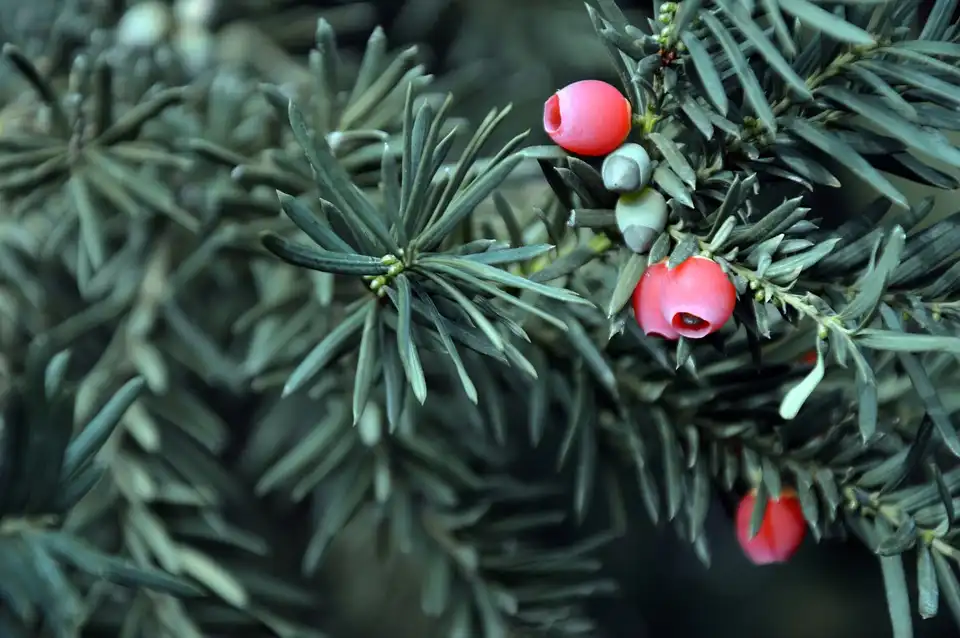
Japanese Yew Meaning and Traits
In this first section, we’ll look at some of the main traits for the Japanese Yew meaning.
Longevity
Yews are evergreen trees that can survive for hundreds of years. Some of the oldest yew trees are over 1000 years old. Due to this property, they are a popular choice for planting in gardens, monasteries, and other religious places.
Medicinal
In the past, some Native Americans treated several ailments like arthritis, rheumatism, and fever using Yew plants, while the Japanese used them to treat diabetes. Nowadays, pharmaceutical companies use the tree’s bark to produce a drug called Taxol, which is used for cancer treatment. However, you must take caution while using it for medicinal purposes as it’s not FDA-approved and could be poisonous if used in the wrong way.
Ornamental
Japanese Yew has immense ornamental appeal for landscapes as hedges or topiary. Yews have the potential to grow very large and also survive for hundreds to thousands of years. They adapt well to pruning, shaping, and sheering, making them ideal for garden décor.
Japanese Yew Symbolism
Life and Death
Some people associate the Yew with death due to its poisonous quality. And for this reason, yews are planted around graveyards to deter the animals from entering the burial grounds. On the contrary, some people consider yew trees very sacred due to their longevity. Their resilience and their ability to survive in all conditions resonate with the idea of eternal life.
Transformation
Yews have a unique ability to transform and change their shape according to season and environment. Multiple trees can form one tree when they’re grown together. They can respond well to environmental changes by transforming their form.
Protection
Some people believe that yews protect from evil forces. Due to the thick trunks and branches, they can shield people from negative energies and dark thoughts. There’s also a belief that when you see a yew tree in your dream, you’re protected and will be better able to face obstacles in your upcoming journey.
Power
Yew trees symbolize strength as they can regenerate and heal themselves. For instance, when one of the branches of a tree becomes weak, it doesn’t affect the other branches. It grows back better and stronger. These trees represent inner strength as the trunks and branches have strong inner parts.
Perseverance
Yews exemplify perseverance as they’re said to survive the harshest of conditions. They never give up the fight and grow stronger with time.
Leadership
Yews are considered sacred trees and, in ancient times, were used to make bows, spears, handles, and arrows for use by people in power. Many believed that when leaders used the tree or its products, it would enable extra protection for them.
Abundance
Yews are associated with abundance and prosperity. When you look at a tree in its full form, you can truly witness its abundant properties. It’s an evergreen tree and doesn’t shed its leaves ever. It’s a sign that good things are on their way, and you’ll prosper.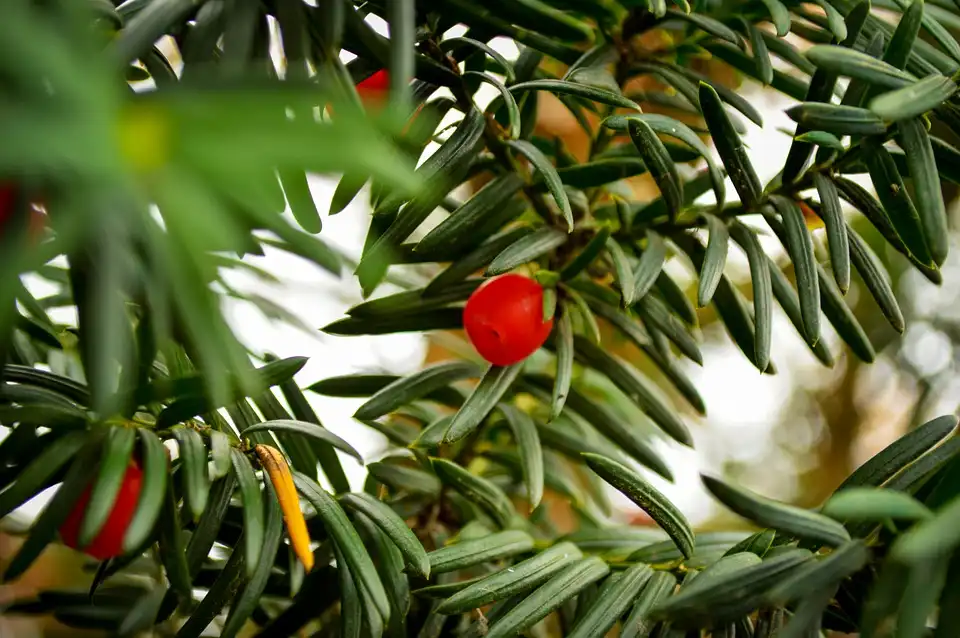
Conclusion
Even though Yew is poisonous and could be life-threatening if ingested, you should take it as a positive sign if you ever see it in your dreams. Even though it could hint at challenging times, it also implies the power to get through the obstacles and become more enlightened. Seeing a tree in its complete form and glory is undoubtedly something to look forward to.


